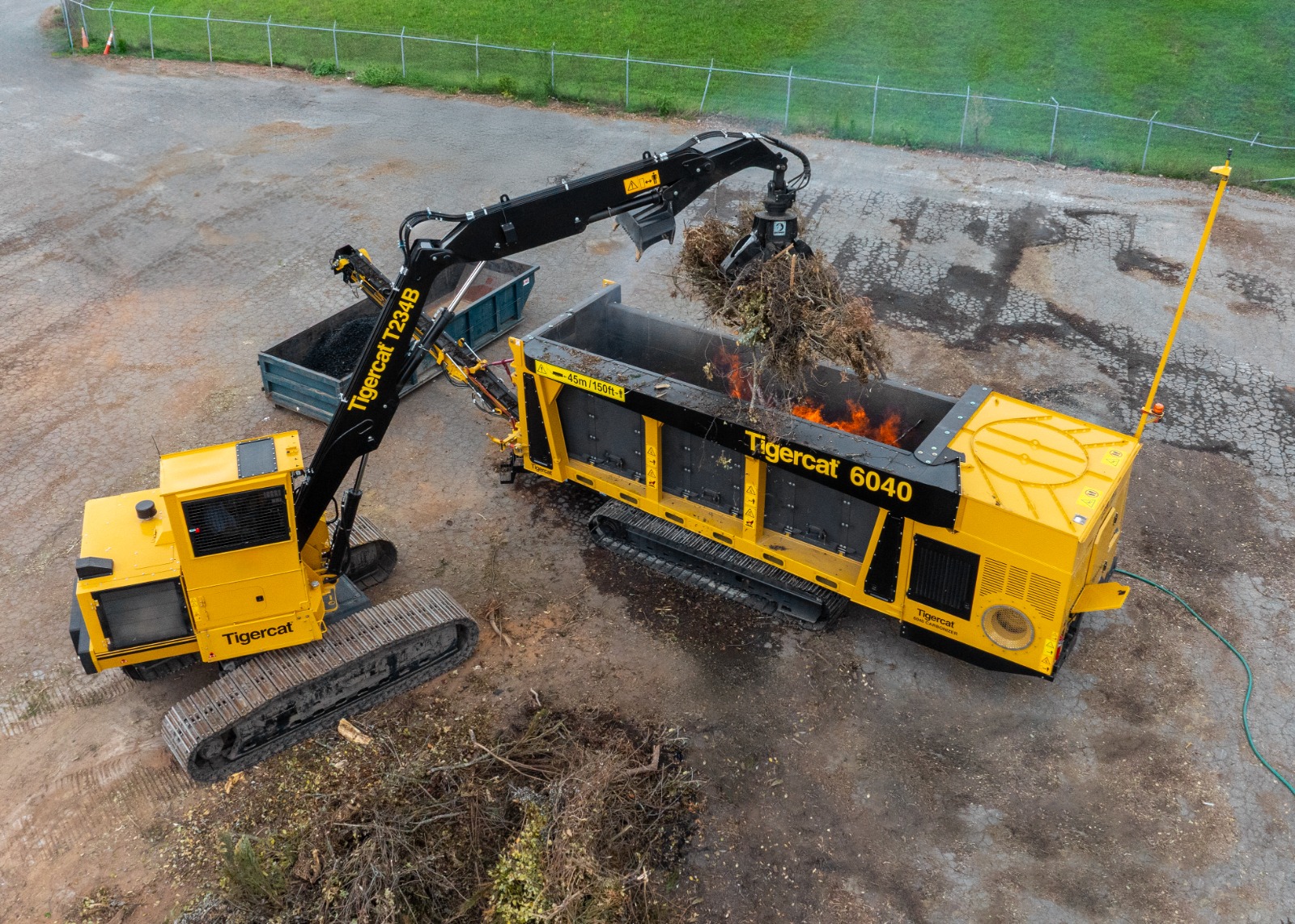By Simón Berti, National President of the College of Forestry Engineers
Everything agriculture provides us comes from "monocultures with exotic species." Apples, wheat, oats, lettuces... the list is long, with the exception of certain native potato varieties. And we accept all of this without a single protest or complaint. And rightly so, since monocultures are an efficient and focused way to produce what we need with the best species and varieties adapted to our climate and soils, ultimately resulting in lower costs and better quality for the benefit of all.
However, in the forestry sector, "monocultures with exotic species" are considered by part of the (misinformed) public opinion as "perverse" and "undesirable." If we look at history and science, it is essential to remember that around 90% of forest plantations have not replaced native forests but have been planted on soils eroded by our ancestors due to agricultural practices on slopes, whose first victim was our majestic original forest.
The soil was washed away by rain, silted up rivers, and created dunes that buried towns and farmland. The introduction of fast-growing trees put an end to erosion, increased biodiversity (compared to bare soil), and restored the crucial infiltration of 80% of winter rainfall into underground aquifers, when trees consume very little. Additionally, an industry has been created, supporting an estimated 2 million Chileans, thanks mainly to a species called Pinus radiata (or Monterey pine), which adapted well to central-southern Chile, as well as New Zealand, Australia, and South Africa.
On the other hand, forest monocultures are established on hills and non-agricultural soils, do not use a single drop of irrigation water, do not draw from underground aquifers since their roots are only three meters deep, aid in infiltration (replenishing aquifers) with all the winter rainfall, and provide low-cost timber, as well as paper, diapers, textile fiber, toilet paper, napkins, and more to Chile and the world.







Comments (0)
No hay comentarios aún. ¡Sé el primero en comentar!
Deja un comentario